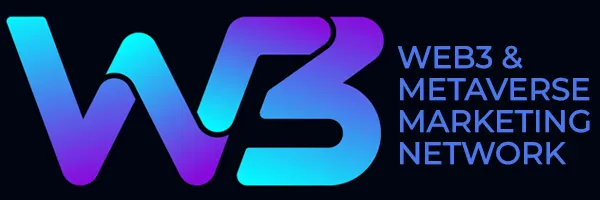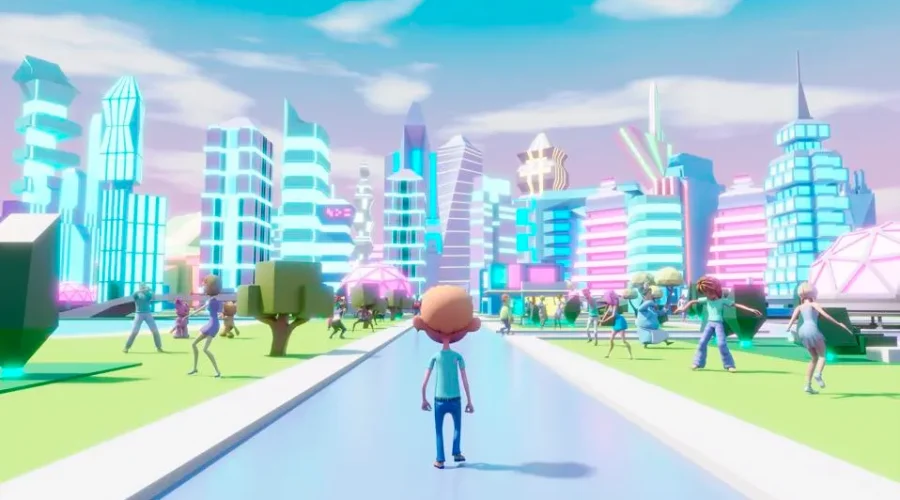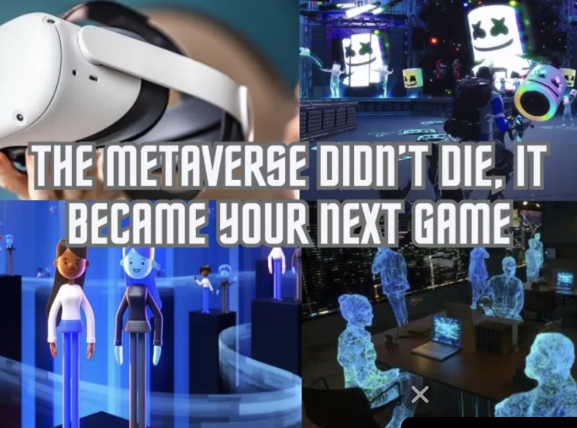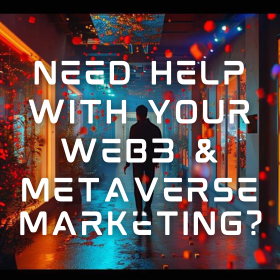15 December, 2024 21:29
In the three years since Mark Zuckerberg bet Facebook’s future on the metaverse in 2021, he couldn’t have predicted AI would steal the spotlight. While pundits continue to declare the death of Zuckerberg’s vision, the core concept—a persistent, social, immersive digital space where people work, play, shop and create—might already exist, just not in the form we anticipated.
Meta’s Great Gamble
When Zuckerberg rebranded Facebook to Meta, he made an audacious bet, committing over $36 billion to Reality Labs between 2019 and 2023. "In the Metaverse, you’ll be able to do almost anything you can imagine," he declared, reorganizing his company to focus on virtual reality hardware and ecosystem development. This transformation, however, came at a steep cost—both financial and reputational. Meta’s Reality Labs division reported losses of $16.1 billion in 2023 alone.
The departure of John Carmack, a legendary game developer and senior executive, highlighted internal struggles. In his scathing departure letter, Carmack wrote, "I think our organization is operating at half the effectiveness that would make me happy." He added, "We have a ridiculous amount of people and resources, but we constantly self-sabotage and squander effort."
Enter AI
Just as the metaverse industry finally began its breakthrough, ChatGPT’s launch in November 2022 proved a technological avalanche. Amid post-pandemic economic pressures, companies pivoted away from metaverse aspirations to AI adoption, seeking immediate returns through automation and virtualization.
Apple’s 2023 entry into the space with Vision Pro VR headset has similarly faced challenges. At $3,499, with limited content and a sparse developer ecosystem, Apple struggles to find its market. Early projections suggest initial production runs of fewer than 400,000 units.
What if we’ve been looking for the metaverse in the wrong places? While Meta, HTC and Sony have so far struggled to establish their vision of a VR-first digital world, gaming platforms like Roblox quietly built what might be the actual metaverse.
Is Roblox The New Metaverse?
In Q3 2024, Roblox reported 88.9 million daily active users, a 27% year-over-year increase. Total revenues of $919 million were 29% higher than 2023. More tellingly, Roblox’s developer community earned over $740 million through the platform in 2023, demonstrating a thriving digital economy.
The platform’s success has attracted major brands, with companies like Nike, Gucci, NFL, Mattel and Walmart creating virtual experiences. Roblox’s partnership with Shopify opened new commerce possibilities, while its collaboration with WPP signals a serious push into branded experiences and advertising integration.
The success of social platforms often lies not in their technology but in how communities embrace them. Twitter found its voice through Black Twitter’s vibrant conversations, while Instagram’s rise was powered by early influencers who shaped its cultural impact.
What makes Roblox particularly compelling as a metaverse contender is its demographic reach. While initially popular with younger users, today, over 41% of daily active users are over 17 years old, showing its evolution into a broader social platform. The platform’s users have created millions of unique virtual experiences, demonstrating the kind of user-generated vitality that
Meta’s Horizon Worlds (with fewer than 200,000 monthly active users in early 2023) struggled to achieve.
To be sure, Meta’s ambitious vision and significant hardware innovations shouldn’t be dismissed—the Quest headsets have made VR more accessible than ever, and Zuckerberg’s commitment to spatial computing has pushed the entire industry forward. But the lesson here isn’t about the failure of Meta’s vision; rather, it’s about how the fundamental qualities of the metaverse—presence, persistence and community—manifested themselves through existing platforms while the industry was looking elsewhere.
Is this the metaverse we expected? Perhaps not. But while tech giants raced to build the perfect virtual reality platform, millions of users were already inhabiting, creating and trading in Roblox’s ever-expanding digital universe.
As Zuckerberg noted, "The defining quality of the metaverse will be a feeling of presence." That presence emerged not from corporate blueprints or cutting-edge hardware but from a platform where communities naturally gathered, created and built lasting economic and social connections.
The metaverse, it seems, wasn’t waiting to be invented—it was waiting to be discovered in the places where people already chose to belong.
Forbes







